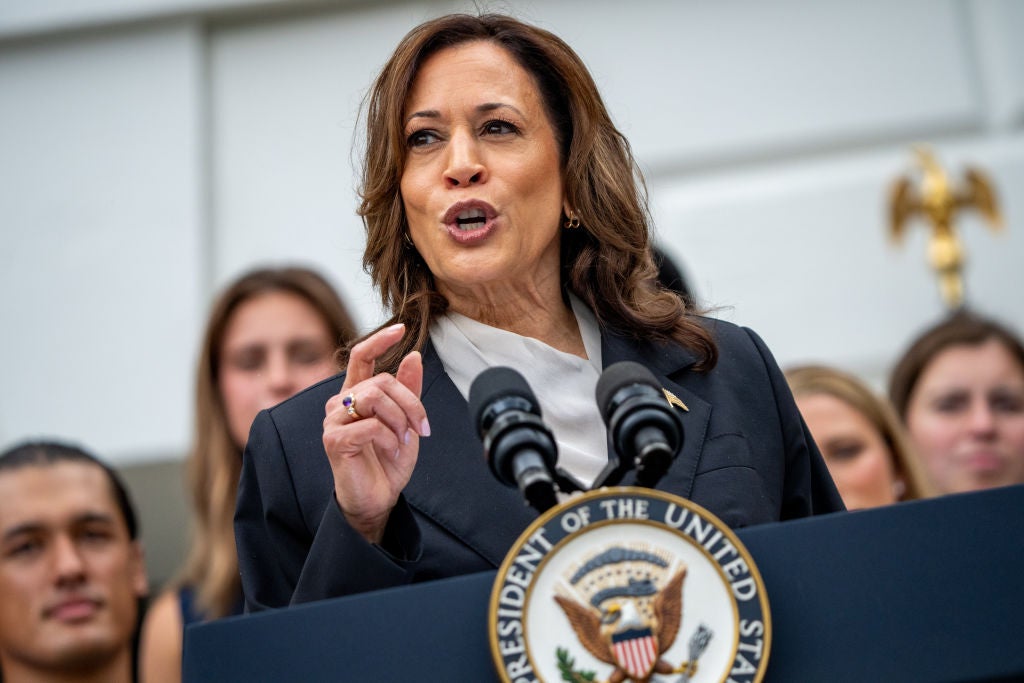Lloyds Bank’s motor finance lender Black Horse could face slowing growth, according to reports.
City AM drew the connection between the release of 1000 agency workers by JLR and the joint venture between Black Horse and JLR that could lead to a slowing down of growth.
Motor Finance understands that there is no direct relationship between the released workers and the arrangement with JLR.
Lloyds’ UK motor finance portfolio saw 19% growth to £13.7bn in 2017, but impairment charges in the segment rose substantially, up 48% to £111m.
49.7% of the growth was from a strategic tie-up with JLR to finance customer car sales, said City AM.
The SMMT reported last month that diesel figures are down 37% in March 2017, year on year, off the back of incoming diesel regulation. JLR were one of the few diesel-focused car manufacturers in the UK to have bucked the slump and to have maintained sales of 118,213.
How well do you really know your competitors?
Access the most comprehensive Company Profiles on the market, powered by GlobalData. Save hours of research. Gain competitive edge.

Thank you!
Your download email will arrive shortly
Not ready to buy yet? Download a free sample
We are confident about the unique quality of our Company Profiles. However, we want you to make the most beneficial decision for your business, so we offer a free sample that you can download by submitting the below form
By GlobalData90% of JLR’s model range is diesel-based, according to reports.
Black Horse declined to comment.
Results
Lloyds’ wider retail banking division saw net income up 5% to £9.9bn in 2017, partly thanks to growth in Lex Autolease.
Growth in revenues for the division was partly offset by an increase in impairment costs, up 10% to £717m, and a £400m rise in operating costs, to £4.8bn.
Operating lease depreciation rose substantially, up 22% to £946m. Lloyds attributed this to fleet growth and increasingly conservative residual values.
Underlying profits for the retail division ultimately grew to £4.4bn for the year, up 9%.






